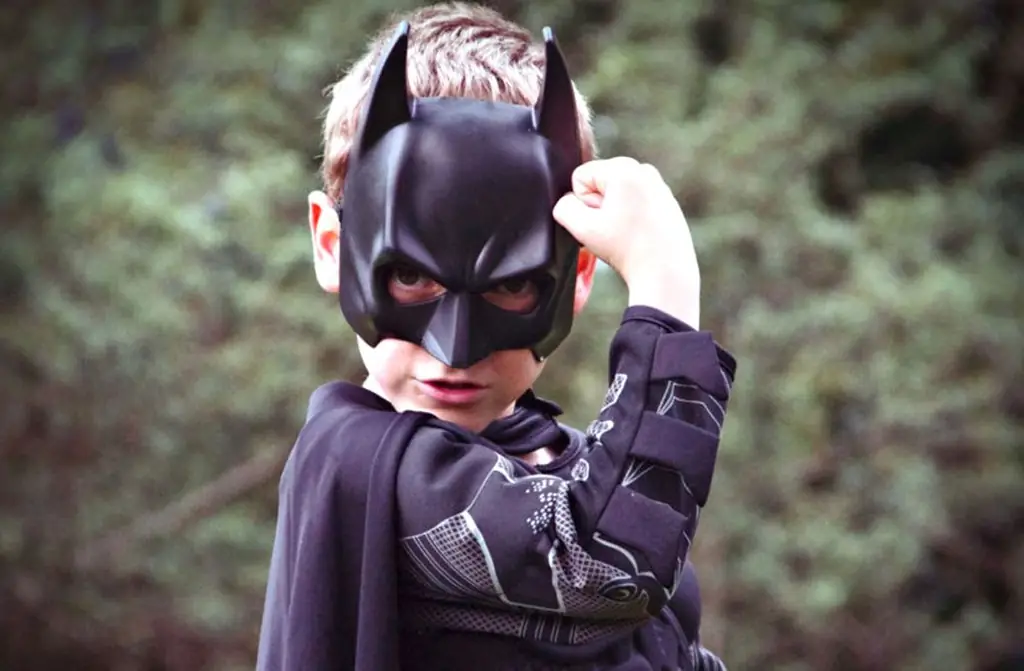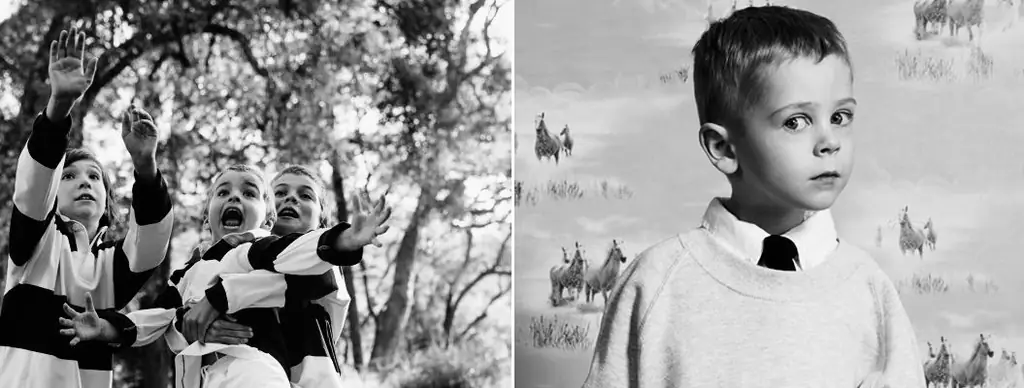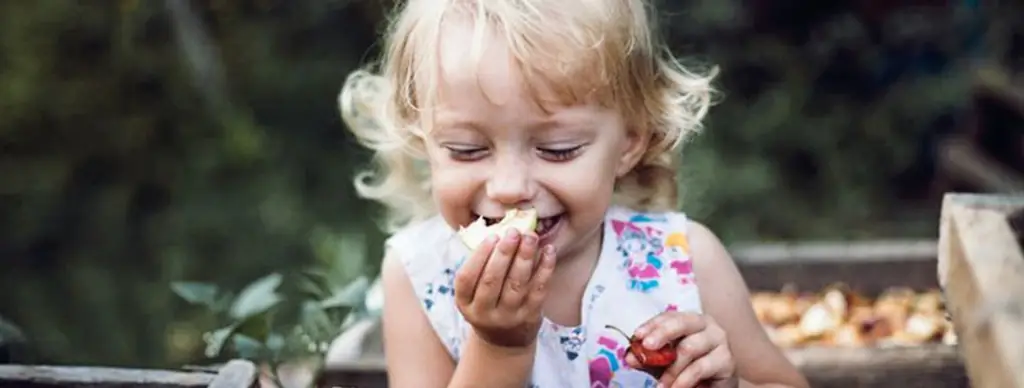- Author Adrian Jeff jeff@psychologosportal.com.
- Public 2023-12-17 05:06.
- Last modified 2025-01-24 14:09.

Showdown in the sandbox. Part 3. From superhero to broken nose
Today there is a very high level of hostility in society. Children feel it. And they also show dislike. The good news is that kids are learnable. They can be taught to express themselves in a different way. Form cultural restrictions on behavior in society. How to do it?
The availability of information, entertainment of any kind, including violent computer games, films with fights, shootouts, bloodshed, comics, anime, videos, cartoons, TV shows, etc. leads to the fact that children begin to behave in the same way in real life. life.
Feeling dislike, they immediately hit, as virtual heroes do. It seems to children that giving it in the eye is cool. They try to imitate their favorite hero. And if the child has not yet learned how to interact with peers other than to feel dislike, then the result will be a fight.
I live as I see
Initially, all children behave aggressively. This is not an internal anger, this is the most primitive way of interacting with others - to take away what you want, drive out someone else, and the like.
In the process of education in a modern society, a child acquires communication skills, adopts a cultural model of behavior and learns to interact with people differently, as required by his environment.
In the meantime, he does not know how to do this, comics, films, games with violence reinforce the archetypal model of behavior in the child. The more often he copies aggressive heroes, the harder it is for him to grow out of this primitive.

Today there is a very high level of hostility in society. Children feel it. And they also show dislike. The good news is that kids are learnable. They can be taught to express themselves in a different way. Form cultural restrictions on behavior in society. How to do it? The system-vector psychology of Yuri Burlan will tell you.
Reality is cooler than cinema
What to do? Explain the difference between fiction and life. In all aspects, where it is clearly visible. Not only in the fight scenes. In the moments of fantasy, mysticism, frank fairy tales, etc. Up to the point of watching together programs about how films are made, how stuntmen work, how the stage is set, the work of an actor, etc.
Make it clear that life is much more interesting and multifaceted than films and games. And there is much more enjoyment in it than in fictional stories.
Discuss every victory of the child, even the most insignificant in the eyes of an adult. The first performance at the matinee, the first rhyme, drawing, book, scooter, bike, sled, first friend, first feelings.
To talk about what the child felt at the moment of victory over himself, in the minutes of the first achievements, achievements, how great it was. And immediately give a perspective, they say, but imagine how you will win the competition, how you will perform on stage, how you will read the thickest book or write it …
By increasing the emotional component of a pleasant event, you thereby cultivate desire, form a desire for further victories, and outline the possible pleasure from a major accomplishment. The feeling of the coming delight gives rise to enthusiasm and gives strength to move forward.

Thus, the child learns to get pleasure from his own activity, tries to enjoy life, tries to satisfy his desires through productive work within the framework of age-related opportunities.
Receiving parental praise for self-tied shoelaces, an obedient and thorough baby will teach this to a friend the next day.
A chocolate medal for exercising in kindergarten stimulates the organizational skills of the most nimble fidget in the group.
Living emotional events with parents, the child learns to share with them his experiences - both positive and negative. The level of mutual understanding and trust is increasing. An emotional connection with the mother is formed, which gives the child the most necessary for normal psychological development a sense of security and safety.
Culture of information consumption
All informational entertainment can be present in a child's life. And they can also be used to develop it. But here tough parental censorship is needed. Choose a compassionate cartoon over a bloody anime. An interesting quest with logic tasks instead of a virtual shooter. A classic children's book instead of a comic strip. The modern choice of educational materials allows this.
Of course, he will not be able not to watch and not know what his peers are watching, but he must have an alternative - activities that will fill him with joy more than a simple comic book, favorite books that will captivate him more than shooting games.
By shifting our focus from violent entertainment to compassionate literature, movies and more, we create an emphasis on developing cultural values in the baby. We are developing the skill of getting pleasure not from passive admiration for action heroes and copying them, but from the courage to show compassion, the courage to show our feelings.
The ability to share experiences with parents over time turns into the skill of creating an emotional connection with other people - a close friend, a beloved teacher.
In such conditions, the best and most desirable entertainment is communication with peers - a courtyard, a garden, a school, a company of children, a bunch of friends and joint games. At first, it is mandatory under the supervision of adults, later independent options are possible.
Getting into the eye of the enemy is not super-cleverness, but making a wheel or pulling up on a horizontal bar is an outstanding skill.
Waving your fists is not courage, but confessing your love to a girl is a truly brave act, which not all fighters can decide on.
A superhero is not the one everyone is afraid of, but the one with whom they want to be friends and whom they want to love. And it is possible to become a real superhero.
Read also:
Part 1
Part 2






